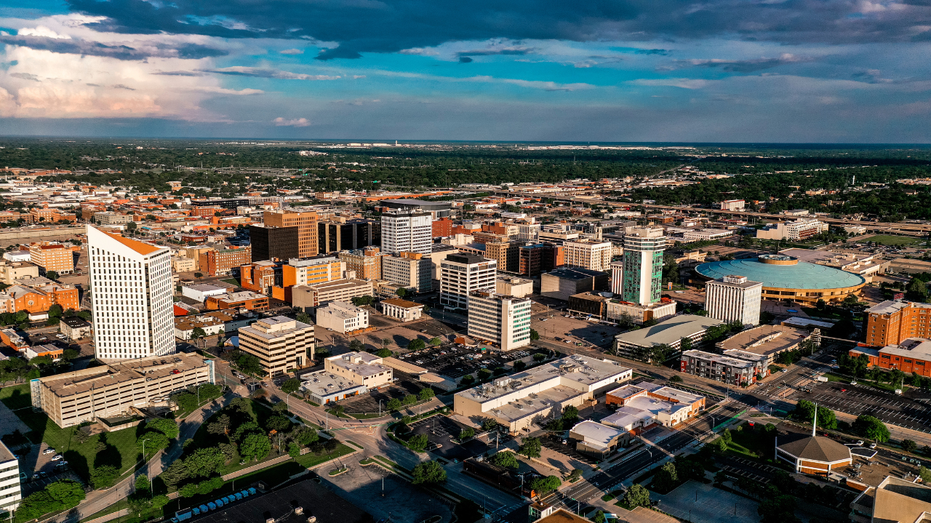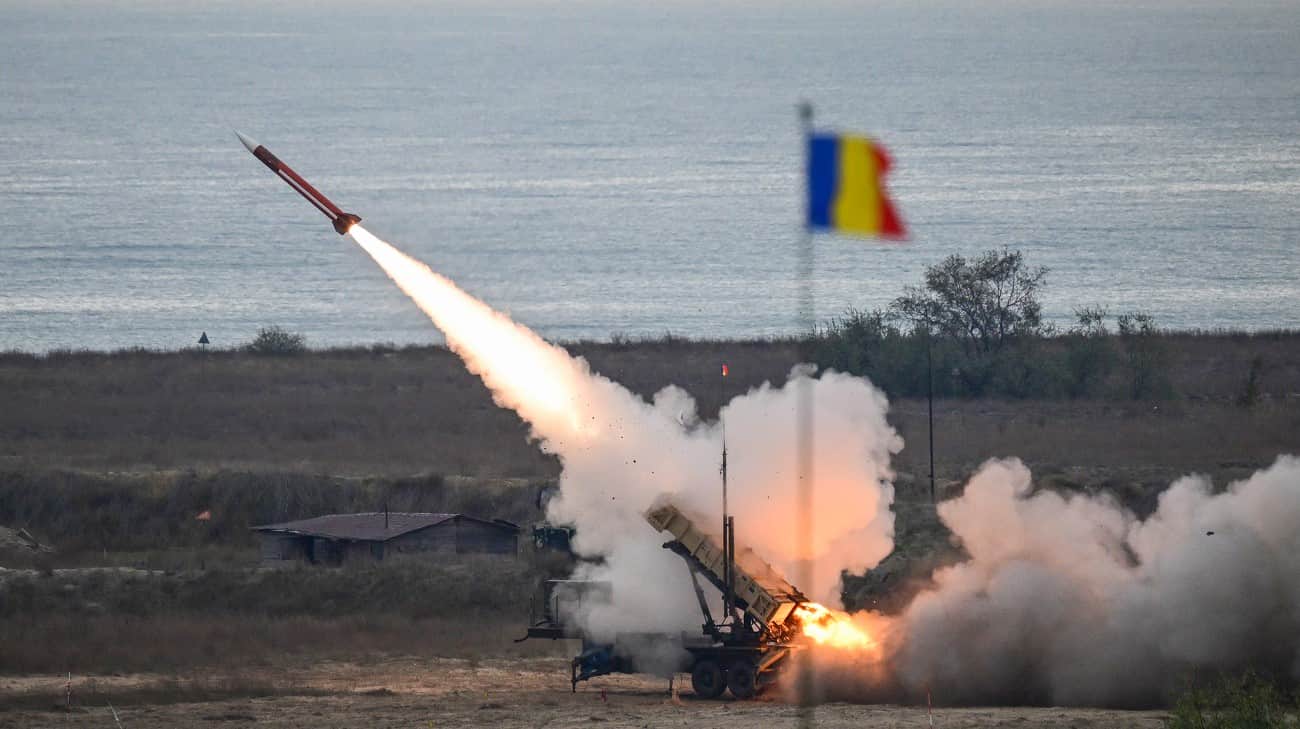Acting Secret Service director blames local law enforcement for key failure in Trump shooting
Acting Secret Service Director Ronald Rowe angrily suggested at a Senate hearing Tuesday that local law enforcement was primarily to blame for a shooter getting access to a building where he attempted to assassinate Donald Trump. “We were told that building was going to be covered. There had been a face-to-face that afternoon. … Our team leads met,” Rowe said at a joint Senate committee hearing. He added he had personally laid on the roof to assess what the shooter could have seen. “I cannot understand why there was not better coverage or at least somebody looking at that roofline when that’s where they were posted.” “Why was the assailant not seen?” Rowe added, displaying photos of the roof, which were taken from where police should have been posted and from the position of the countersniper who eventually shot the shooter.Rowe seemed to be walking a tightrope between blaming local law enforcement for abandoning the post while also trying not to alienate state and local police that are essential to securing events. “Our state and local law enforcement partners are the best. So, this this belief that somehow they are less than federal law enforcement or they’re less than the Secret Service — they’re out there patrolling communities every day,” Rowe said. “We need them and we need them to be partners with us. And I think we need to be very clear to them and that may have contributed to this situation.” Later though, Rowe was more blunt: "We assumed the state and locals had it.” The acting secret service director also referred to a series of technical and communications shortcomings that may have impacted security on the day of the shooting. That included officials relying on text messages to communicate the threat Crooks posed rather than using a radio channel, as well as difficulty with cellular service at the site. Rowe acknowledged that the agency’s radio communications from the rally on the day of the shooting were not recorded, and he revealed Tuesday that he had ordered the Secret Service to begin retaining those recordings in the future. “We will have them moving forward,” Rowe said.
Acting Secret Service Director Ronald Rowe angrily suggested at a Senate hearing Tuesday that local law enforcement was primarily to blame for a shooter getting access to a building where he attempted to assassinate Donald Trump.
“We were told that building was going to be covered. There had been a face-to-face that afternoon. … Our team leads met,” Rowe said at a joint Senate committee hearing. He added he had personally laid on the roof to assess what the shooter could have seen. “I cannot understand why there was not better coverage or at least somebody looking at that roofline when that’s where they were posted.”
“Why was the assailant not seen?” Rowe added, displaying photos of the roof, which were taken from where police should have been posted and from the position of the countersniper who eventually shot the shooter.
Rowe seemed to be walking a tightrope between blaming local law enforcement for abandoning the post while also trying not to alienate state and local police that are essential to securing events.
“Our state and local law enforcement partners are the best. So, this this belief that somehow they are less than federal law enforcement or they’re less than the Secret Service — they’re out there patrolling communities every day,” Rowe said. “We need them and we need them to be partners with us. And I think we need to be very clear to them and that may have contributed to this situation.”
Later though, Rowe was more blunt: "We assumed the state and locals had it.”
The acting secret service director also referred to a series of technical and communications shortcomings that may have impacted security on the day of the shooting. That included officials relying on text messages to communicate the threat Crooks posed rather than using a radio channel, as well as difficulty with cellular service at the site.
Rowe acknowledged that the agency’s radio communications from the rally on the day of the shooting were not recorded, and he revealed Tuesday that he had ordered the Secret Service to begin retaining those recordings in the future.
“We will have them moving forward,” Rowe said.



